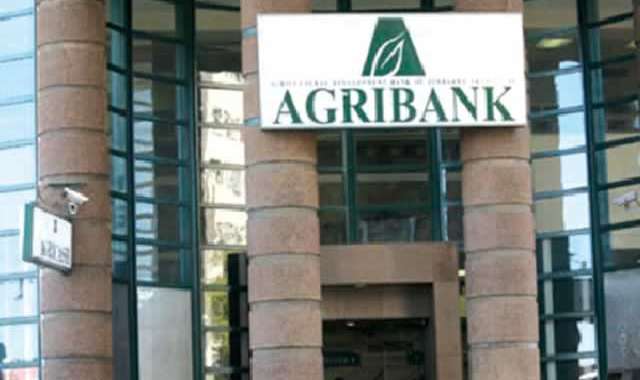Agribank transfers bad loans to Zamco

Tinashe Makichi Business Reporter
State owned agriculture finance institution, Agribank transferred $19 million non-performing loans to the Zimbabwe Asset Management Corporation in 2015, a senior official said.
The transfer of the bad loans saw the bank reduce its NPL ratio to 13, 97 percent.
“The NPL’s were mainly related to huge exposures to agriculture and agro processors. The impact of drought over the past two years also contributed significantly to the level of non-performing loans in the bank,” said Agribank managing director Sam Malaba while unpacking the bank’s financial results for the year to December 31, 2015.
During the year, the bank managed to narrow its loss to $5,8 million from $9 million in the prior year.
The loss was a result of staff rationalisation costs amounting to $4,3 million which was a deliberate strategy to sacrifice a profit for long term sustainable profits in the future.
The staff rationalisation exercise resulted in the disengagement of 20 percent of staff and closure of two marginal branches, Sanyati and Chibuwe.
Net interest income for the year grew 11 percent to $8,2 million from $7,3 million while non-interest income increased 10 percent to $14 million from $12 million.
Mr Malaba said income growth during the year was on account of enhanced liquidity in the bank resulting in business loans and advances surging 47 percent to $113 million.
“Trading in the last five months of the year (after conclusion of staff rationalisation) was positive with the bank recording monthly profits mainly due to increased business and enhanced trading.
“The bank’s Tier 1 capital as at 31 December 2015 was at $31,6 million compared to the Reserve Bank of Zimbabwe’s minimum requirement of $25 million,” said Mr Malaba.
“Following capitalisation, the Bank accessed the Aftrades facility to the tune of $35 million and this greatly ameliorated the liquidity challenges which had adversely impacted on the performance of the Bank. Agribank managed to raise $20 million through Agro bills as well,” he said.
Capitalisation and subsequent access to the Aftrades facility and profitable trading in the second half of the year resulted in enhanced liquidity for the bank.
Going forward, Mr Malaba said the bank envisages increased Government support and private sector partnership in agriculture financing and development.
He said implementation of the debt clearance programme will unlock significant financial resources for Zimbabwe, underpinning growth and recovery.
“It is the expectation that international development partners will focus on agriculture and infrastructure development, contributing to ZimAsset, Food and Nutrition as well as agro-based value addition.
“The bank aims at supporting the economically active groups, in particular SME’s, small holder farmers and other active micro-business entities critical to the agriculture value chain, supporting recovery and growth. To this end the bank established a Micro-Finance Division during the year,” said Mr Malaba.
He said cost control and containment remain a strategic imperative for the bank given the amplified attendant risks in revenue generation and the bank is now on a sustainable profitable path.










Comments